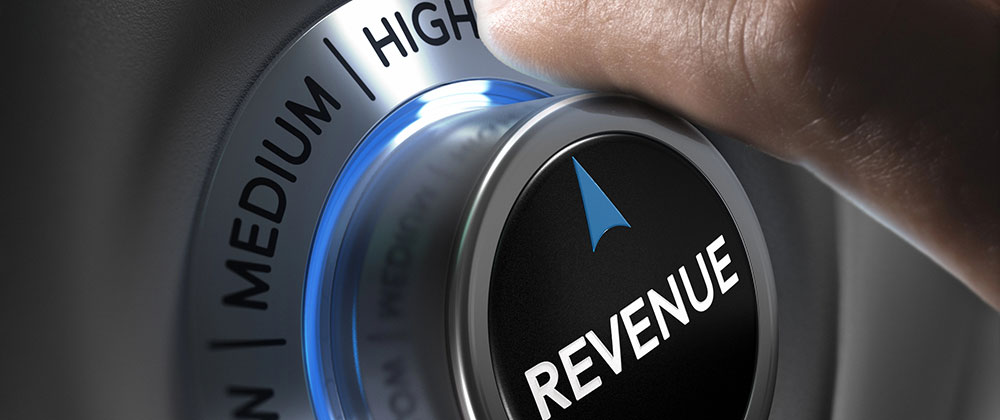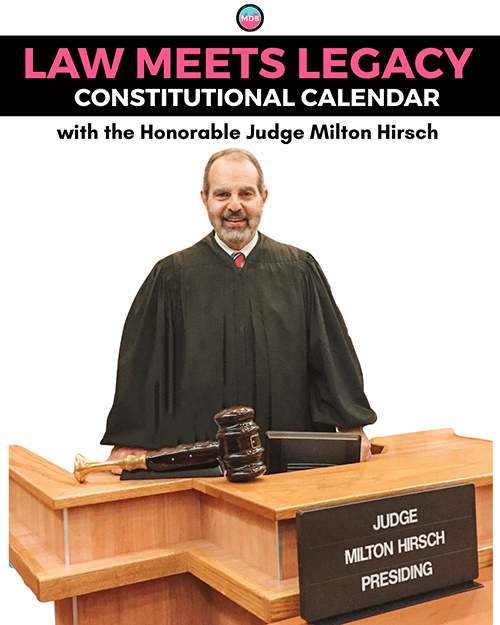By Edward Gelb, ALM
Aurora Legal Marketing and Consulting
In the courtroom, the difference between a winning and losing argument often comes down to more than the law—it hinges on the art of debate. As attorneys, you are not only legal experts but also advocates, persuaders, and strategists. Attorneys must not only master legal theory but also learn to control the narrative, anticipate objections, and influence decision-makers.
Today, mastering debate isn’t just about eloquence or precedent—it also means embracing cutting-edge tools like artificial intelligence (AI) to fully understand your opposition and the judges presiding over your cases.
In this blog, we will explore the core components of effective legal debate, the role of strategic preparation, and how modern attorneys are using AI to sharpen their arguments and gain a powerful edge in litigation and negotiation.
Why Debate Matters in the Legal Profession
Debate is the engine that powers courtroom advocacy. Every hearing, trial, or negotiation is an exercise in structured disagreement. Whether you’re defending a client or pressing a claim, your ability to persuade rests on these foundational skills:
- Clarity of Expression: Being able to explain complex ideas in simple, compelling language.
- Logical Structure: Presenting points in an order that builds your case while dismantling your opponent’s position.
- Anticipation: Predicting the counterarguments and addressing them before they’re raised.
- Presence and Poise: Managing body language, tone, and delivery to appear confident and credible.
- Listening and Adaptability: Understanding your opponent’s argument well enough to pivot and refocus your response effectively.
Attorneys who hone their debate skills not only succeed in the courtroom—they also command greater authority in depositions, negotiations, arbitrations, and client consultations.
Preparation: The Unsung Hero of Persuasion
Great debaters aren’t just great talkers; they’re master planners. The best trial attorneys walk into the courtroom having already run through countless scenarios in their minds. They anticipate lines of attack, marshal supporting evidence, and build compelling rhetorical frameworks.
In a legal context, preparation requires:
- Studying the relevant case law and statutory framework
- Understanding the opposing counsel’s tactics and history
- Researching the inclinations, rulings, and preferences of the presiding judge
- Crafting narratives that resonate with jurors or judges emotionally and logically
But, in today’s legal environment, preparation is no longer confined to digging through casebooks and files. That’s where AI-enhanced research comes into play.
The Role of AI in Mastering the Legal Debate
Artificial Intelligence is transforming the way attorneys prepare for cases and structure their arguments. When used strategically, AI tools empower lawyers to uncover insights that would otherwise take dozens of hours of manual research.
- Opponent Intelligence
Just as a master chess player studies an opponent’s past games, top attorneys should study opposing counsel’s previous arguments, filings, and courtroom behavior.
AI-powered platforms can:
- Analyze opposing counsel’s language patterns and common argument structures
- Identify recurring weaknesses in their legal logic or gaps in supporting evidence
- Reveal past cases and motions filed, allowing you to anticipate their strategies
With these insights, attorneys can predict and prepare for what’s coming, countering arguments before they’re even made.
- Judge Profiling
Equally important is understanding the judge assigned to your case. AI tools now allow attorneys to:
- Review a judge’s historical decisions on similar motions or issues
- Gauge ideological leanings based on ruling patterns
- Assess responsiveness to certain legal arguments, evidentiary presentations, or even emotional appeals
For example, if a judge has a history of denying summary judgment in specific fact patterns, you may choose to adjust your strategy to focus on trial preparation or mediation leverage.
This kind of AI-driven judicial analysis enables you to tailor your tone, argument, and strategy to the individual decision-maker, rather than debating blindly.
Using AI to Structure Better Legal Arguments
AI can also assist in shaping the structure and strength of your arguments:
- Brief Automation: Tools like Casetext and Compose can help structure outlines based on winning templates.
- Citation Analysis: AI can suggest stronger precedents or uncover overlooked supporting cases in seconds.
- Language Optimization: Natural Language Processing (NLP) tools can help refine argument tone and clarity.
All of this allows attorneys to spend more time on strategic debate planning and less time buried in research.
Modern Debate Requires Data and Empathy
Today’s most successful attorneys are those who merge the classical art of rhetoric with modern technology. But the art of debate is not purely logic and law—it’s deeply human. Judges and juries are not robots. They’re people moved by narrative, principle, and emotion.
AI helps you discover the patterns, but only a skilled debater can translate those insights into a persuasive courtroom performance. You must still:
- Tell a story that matters
- Frame the legal issues in a way that appeals to common sense and justice
- Connect emotionally without losing professional authority
This combination of empathy and intelligence, of art and science, is what will set the modern litigator apart.
Winning the War Before It Begins
The most effective trial attorneys often say that cases are won or lost before anyone steps foot in the courtroom. (“Every battle is won before it is ever fought.”— Sun Tzu, The Art of War.)Victory is forged in the preparation room, where facts are gathered, strategies are drafted, and AI-driven insights are unearthed.
By leveraging the power of AI to uncover your opponent’s habits and understand your judge’s preferences, you transform debate from a reactive skirmish to a pre-planned chess match.
Final Thoughts: Elevate, Adapt, and Dominate
The courtroom has always been a battlefield of ideas, but the weapons have changed. The art of debate remains a vital pillar of legal practice—but now it is supercharged with data, insight, and innovation.
If you’re serious about dominating your field, then invest in:
- Your debate skills—enroll in mock trial exercises, study classical rhetoric, and practice argument layering.
- Your tech stack—adopt AI tools that give you a sharper edge and save you time.
- Your research habits—stop relying on intuition alone. Let AI confirm or correct your assumptions.
Ultimately, the modern attorney isn’t just a litigator; they are a strategist, a storyteller, and a tactician.
And in today’s hyper-competitive legal landscape, those who combine the timeless art of debate with the limitless power of AI will not just survive… they will lead. But, always keep in mind that AI has been known to have made factual errors. It is imperative to check your work and use AI as a guiding tool, not the final word.
Edward Gelb, CEO/President of Aurora Legal Marketing and Consulting (ALM), authored this article.
 As the driving force behind Aurora Legal Marketing and Consulting, Mr. Edward Gelb is committed to transforming lawyers into leaders by employing proven, time-tested marketing and business-building techniques. His innovative approach integrates cutting-edge digital strategies with a profound understanding of the legal industry, enabling law firms to expand their client base and influence significantly.
As the driving force behind Aurora Legal Marketing and Consulting, Mr. Edward Gelb is committed to transforming lawyers into leaders by employing proven, time-tested marketing and business-building techniques. His innovative approach integrates cutting-edge digital strategies with a profound understanding of the legal industry, enabling law firms to expand their client base and influence significantly.
Mr. Gelb’s expertise encompasses various facets of online marketing, including search engine optimization (SEO), social media management, and custom digital marketing strategies tailored specifically for legal professionals. His primary goal is to elevate law firms and legal practitioners in the digital space, helping them distinguish themselves in a competitive market.
In addition to his professional accomplishments, Mr. Gelb is pursuing a Doctorate in Organizational Leadership, further enhancing his ability to guide law firms toward sustainable growth and leadership. He also holds a master’s degree from Harvard University and a BA in Communications/Journalism from the University of Vermont.
For attorneys seeking to revolutionize their practice and establish themselves as industry leaders, Edward Gelb can be contacted at Ed@AuroraLegalMarketing.com.
To learn more about his marketing firm, visit Aurora Legal Marketing at https://AuroraLegalMarketing.com.



